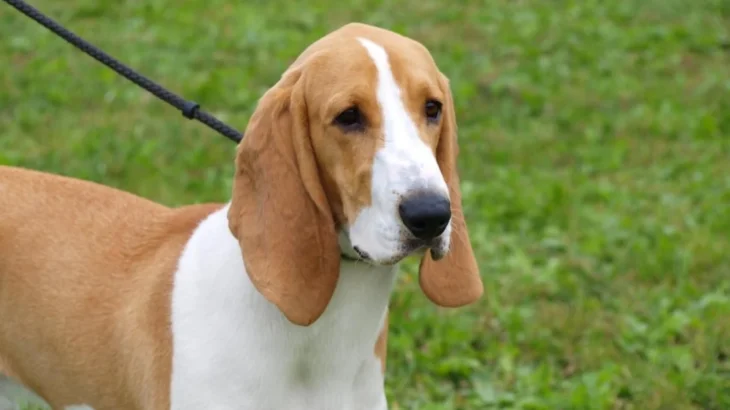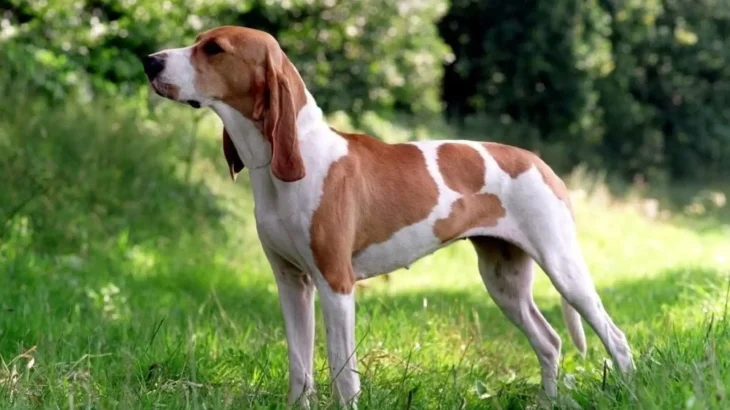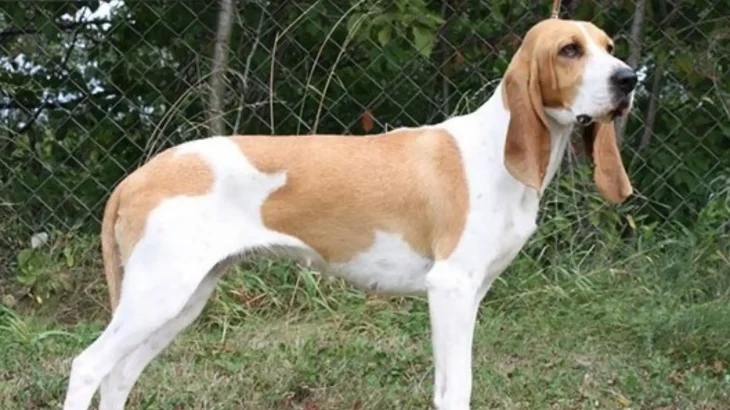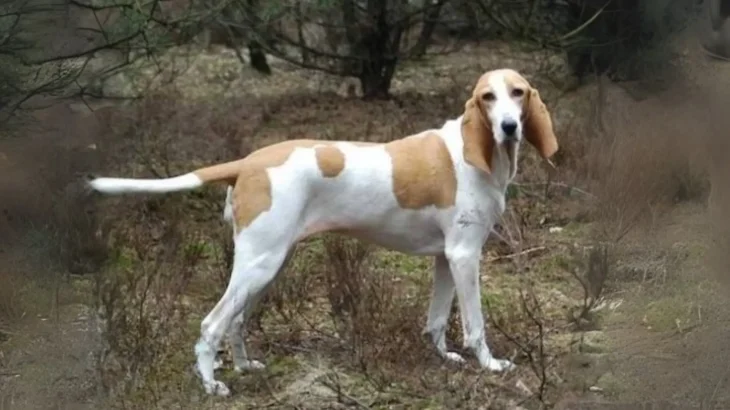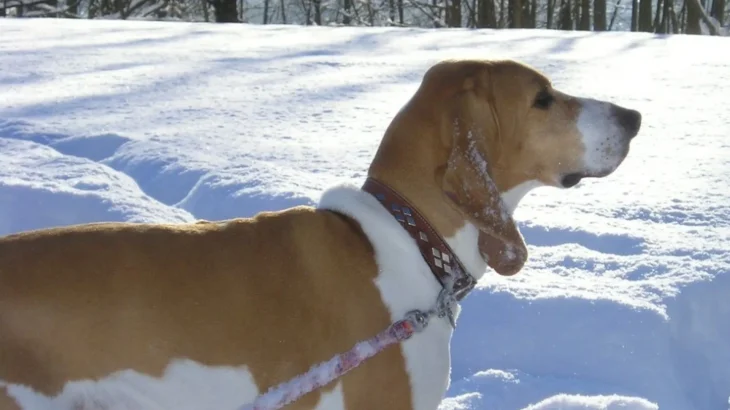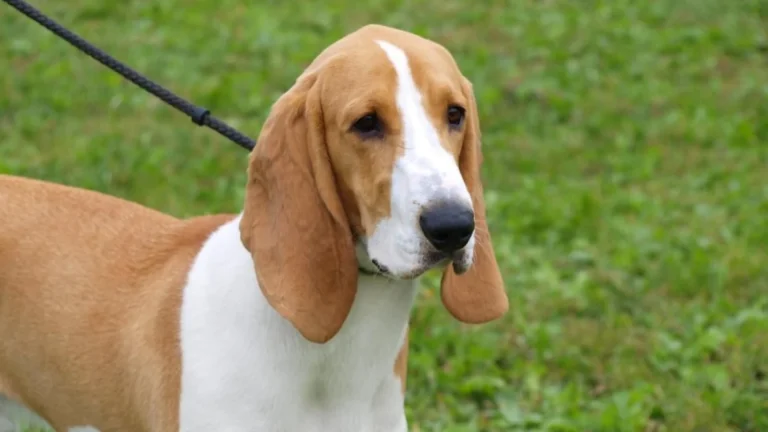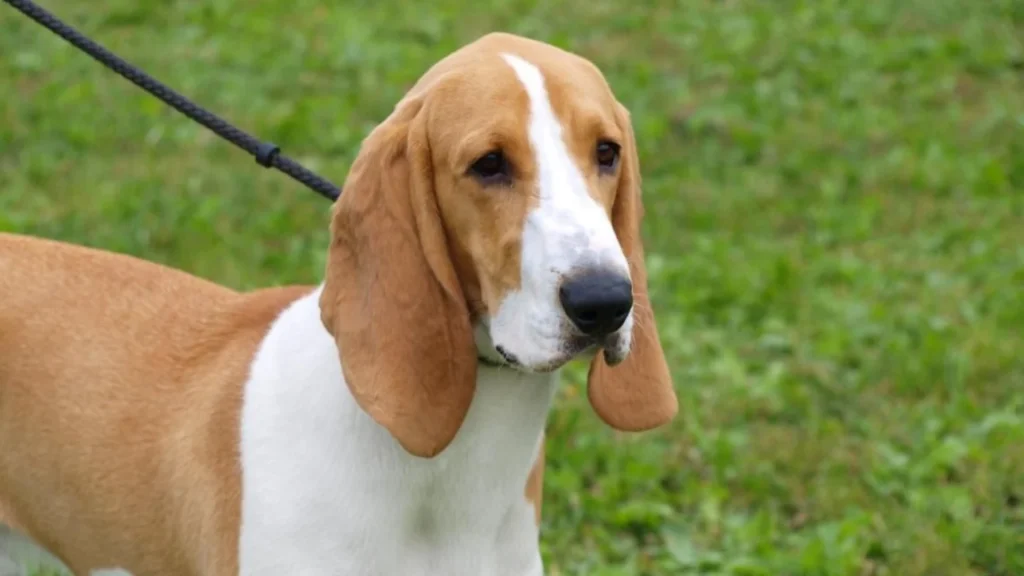Owning a Swiss Hound means being prepared for unexpected health costs, and pet insurance can help by covering illnesses, surgeries, and liability. Swiss Hounds are generally healthy but accidents or emergencies like poisoning can happen, leading to vet bills that add up fast. Having insurance offers peace of mind and helps owners focus on their dog's recovery without worrying about costs.
Health and Surgery Coverage
Most pet insurance plans cover illnesses and surgeries, which is useful if your Swiss Hound faces emergencies. While premiums differ and certain conditions might be excluded, reading the policy carefully is important. Deductibles and co-pays apply, so owners still share some costs.
Liability Coverage
Liability insurance protects owners if their dog causes damage or injury to others. Swiss Hounds are active, so accidents can occur. Liability coverage helps cover legal fees or compensation but doesn't pay for the dog's health care. It complements health insurance rather than replaces it.
Alternatives to Traditional Insurance
Some owners save money in emergency funds or use discount vet plans. These avoid premiums but may not cover expensive treatments. While they can help, they might not provide full financial protection for Swiss Hound emergencies.
Coverage and Owner Costs
Insurance usually covers accidents, illnesses, some hereditary issues, and surgeries but excludes routine care like vaccines. Owners pay deductibles and parts of bills until limits are met, balancing premium costs and out-of-pocket expenses.
Pros and Cons of Pet Insurance
Insurance protects against costly unexpected vet bills and can grant access to advanced care. Downsides include premiums, exclusions, waiting periods, and claims paperwork. Some owners may find premiums unnecessary if their dog stays healthy.
Imagine your Swiss Hound accidentally ingesting poison on a walk. Without insurance, emergency vet bills could be overwhelming. With coverage, you can focus on your pet's recovery instead of financial stress. This makes pet insurance a smart choice for Swiss Hound owners wanting to safeguard both their dog's health and their peace of mind.

